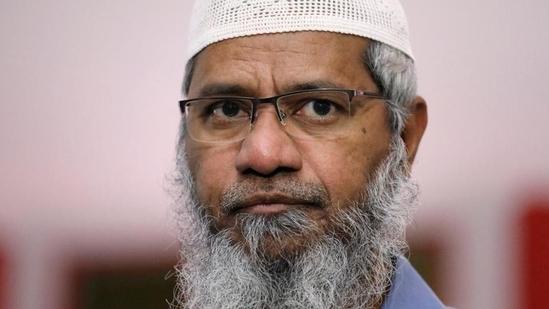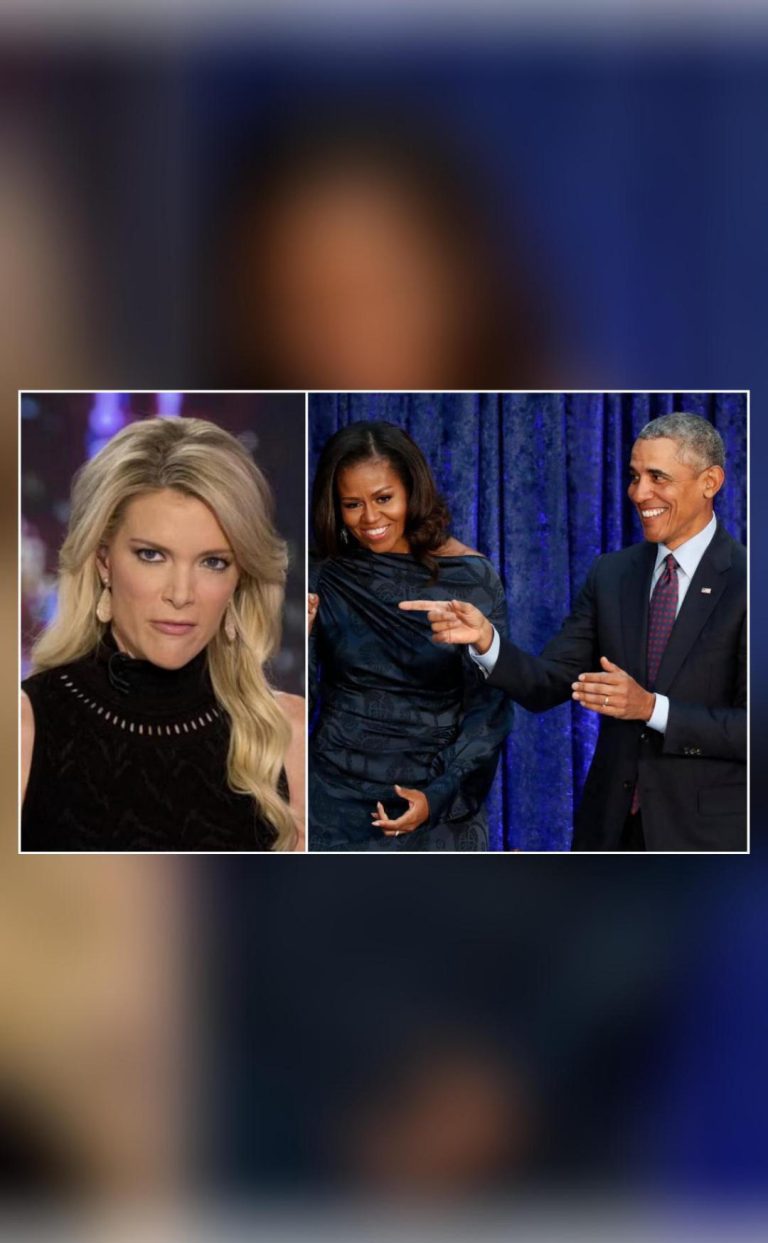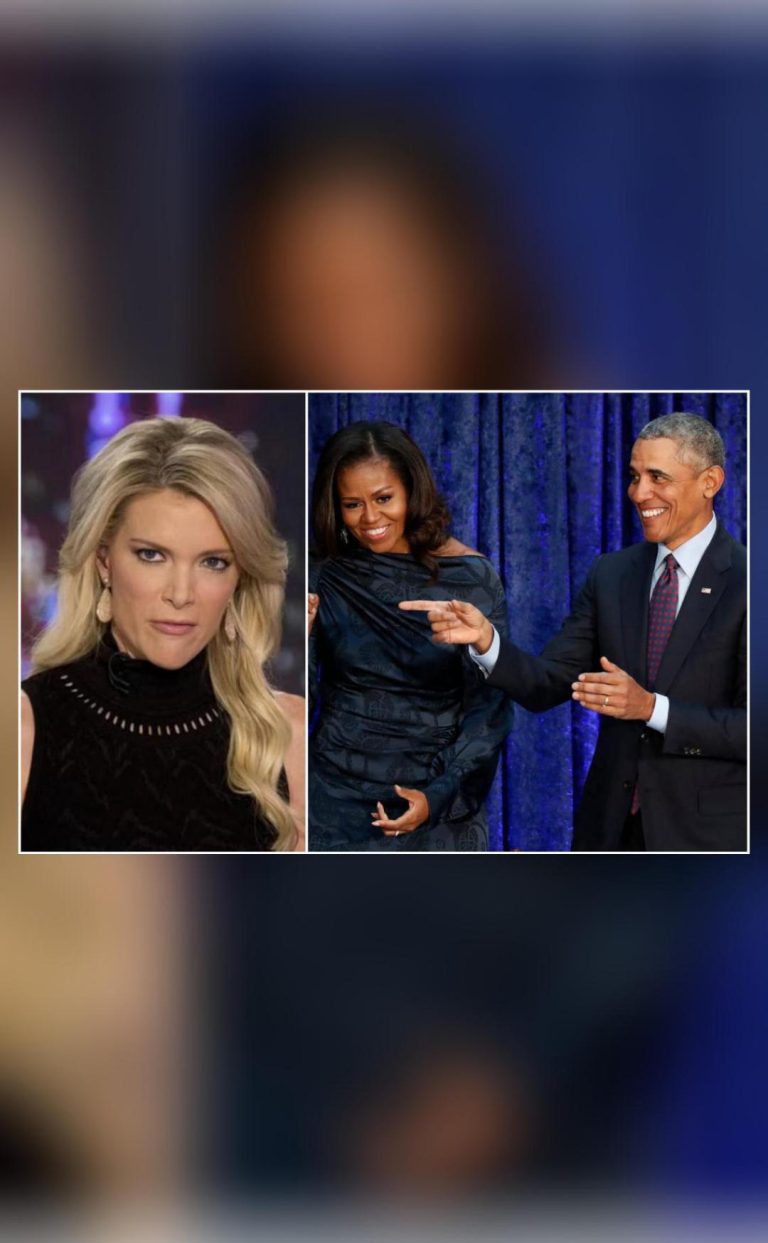
Title: Not the first time that he is treated there: MEA as Pak hosts Naik
The recent developments in Pakistan’s hospitality towards fugitive preacher Zakir Naik have raised eyebrows across the world, particularly in India. The country’s former Prime Minister Nawaz Sharif had met Naik, who is wanted in India for alleged anti-national activities and hate speech. The Indian Ministry of External Affairs has strongly condemned Pakistan’s move, saying that it is not the first time Naik has been treated with such hospitality in the country.
Naik, a controversial Islamic preacher, has been living in Malaysia since 2012, when he fled India to escape alleged persecution. However, in 2019, Malaysia revoked his permanent resident status, following mounting pressure from India and other countries. Since then, Naik has been living in self-imposed exile in Pakistan, where he has been welcomed with open arms by the authorities.
The meeting between Naik and Nawaz Sharif has sparked a fresh row between India and Pakistan, with the Indian government terming it as a “clear message” from Pakistan to its citizens. The Ministry of External Affairs spokesperson, Randhir Jaiswal, said that the meeting is a clear indication of Pakistan’s support for Naik, despite his alleged crimes.
“This is not the first time that he has been treated in Pakistan,” Jaiswal said. “It shows the kind of approach his hosts have and what it means for us.” He added that India will continue to raise its concerns with Pakistan over Naik’s presence in the country and the support he is receiving from the authorities.
Naik has been accused of promoting hate speech and inciting violence against religious minorities, including Hindus and Christians. He has also been linked to terrorist organizations, including the Islamic State (IS). In 2016, India’s National Investigation Agency (NIA) had launched a probe into Naik’s activities, following a complaint from the Hindu nationalist group, the Hindu Janajagruti Samiti.
The Indian government has been seeking Naik’s extradition from Malaysia and other countries, but so far, it has been unsuccessful. Pakistan’s decision to host Naik has been seen as a major setback for Indian diplomacy, as it has been trying to persuade the country to take action against Naik for years.
Pakistan’s foreign office has defended the meeting between Naik and Sharif, saying that it is a private meeting and does not reflect the country’s official stance on Naik. However, the move has been widely condemned by human rights activists and religious leaders in India, who have accused Pakistan of providing safe haven to a fugitive who has been accused of promoting hate speech and violence.
The meeting between Naik and Sharif has also raised questions over Pakistan’s commitment to combating terrorism and radicalization. Naik has been accused of spreading extremist ideology and inciting violence against religious minorities, which has led to concerns over his potential to radicalize young minds.
Pakistan’s decision to host Naik has also drawn criticism from the international community, with several countries expressing their concerns over his presence in the country. The United States, in particular, has been vocal in its criticism of Pakistan’s move, saying that it is a clear indication of the country’s lack of commitment to combating terrorism.
In conclusion, the recent developments in Pakistan’s hospitality towards Zakir Naik have raised serious concerns over the country’s approach to combating terrorism and radicalization. India has been seeking Naik’s extradition for years, but Pakistan’s decision to host him has been a major setback for Indian diplomacy. The meeting between Naik and Sharif is a clear message from Pakistan to its citizens, and it is a reminder of the country’s lack of commitment to combating terrorism.
News Source:






